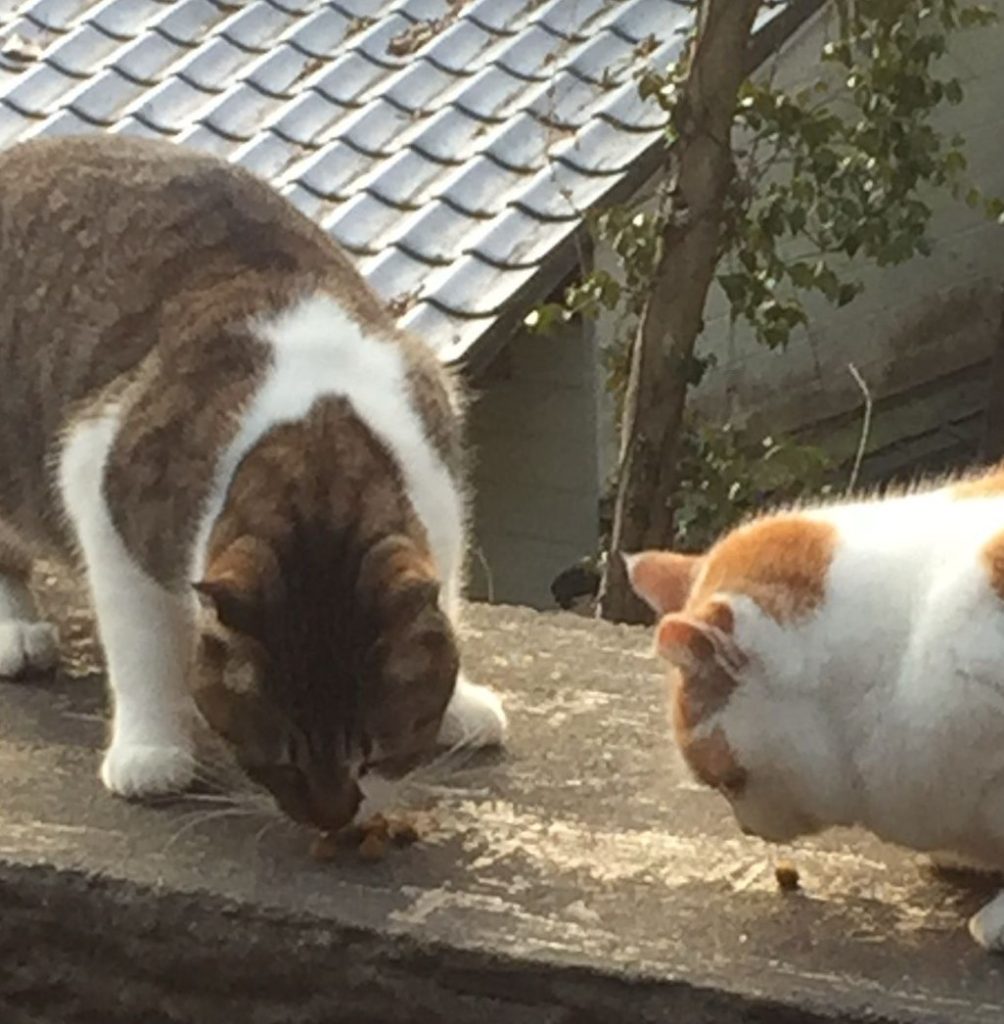How to respond to Anger?
12 Jul 2024

Anger, many times comes from unfairness!
Yet after anger, how can we respond?
A. : I can choose : staying in anger; a long term anger; an infinite anger;
B. I can choose to convert my anger into action, despite the potential unfair result of my action; or/and
C. I can choose calming my anger along time. Once I turn calmer, I reflect about human nature, myself and my life.
I do not choose A., as I don’t want to stay in a long term anger or infinite anger;
Many people including myself, would attempt B.; yet some time the result is still far from ideal;
Recently, I realize that the choice of C. could help me to resume my equilibrium state in a much faster way.
Reflection on human nature :
- There is a time for everything and for everyone – a time to act impulsively;
- a time to speak recklessly;
- a time to refuse admitting his/her fault honestly and fully;
- a time for being imperfect;
- everyone, includes others and myself.
Understanding myself :
- Clarifying and affirming my own life values.
Reflection on my life :
- Am I willing to embrace obstacles in one’s life?
- Am I willing to accept the imperfect moment in one’s life?
- Am I willing to allow my life to be halted by the imperfections of others or myself?
If you are now distressed by some former or present unfair treatments - perhaps, you could try to make a new choice in your responses! Perhaps trying to make one or more choices so that you could move on – move on alongside your values. Perhaps, you could move on without allowing any hurdles to halt your lives anymore!
Yes! We have to make a lot of choices in life. The cutie part is :
- we can choose more than one choice ;
- we can choose when to make choices ; and
- we can choose when to change our choices !
* If you have been treated unfairly and you have been emotionally disturbed for a relatively long period of time, or your daily functioning has been severely disturbed, perhaps it is time to consider seeking professional consultation from a clinical psychologist.

